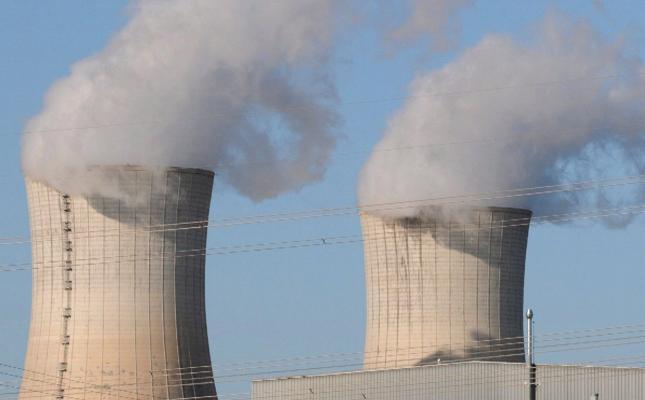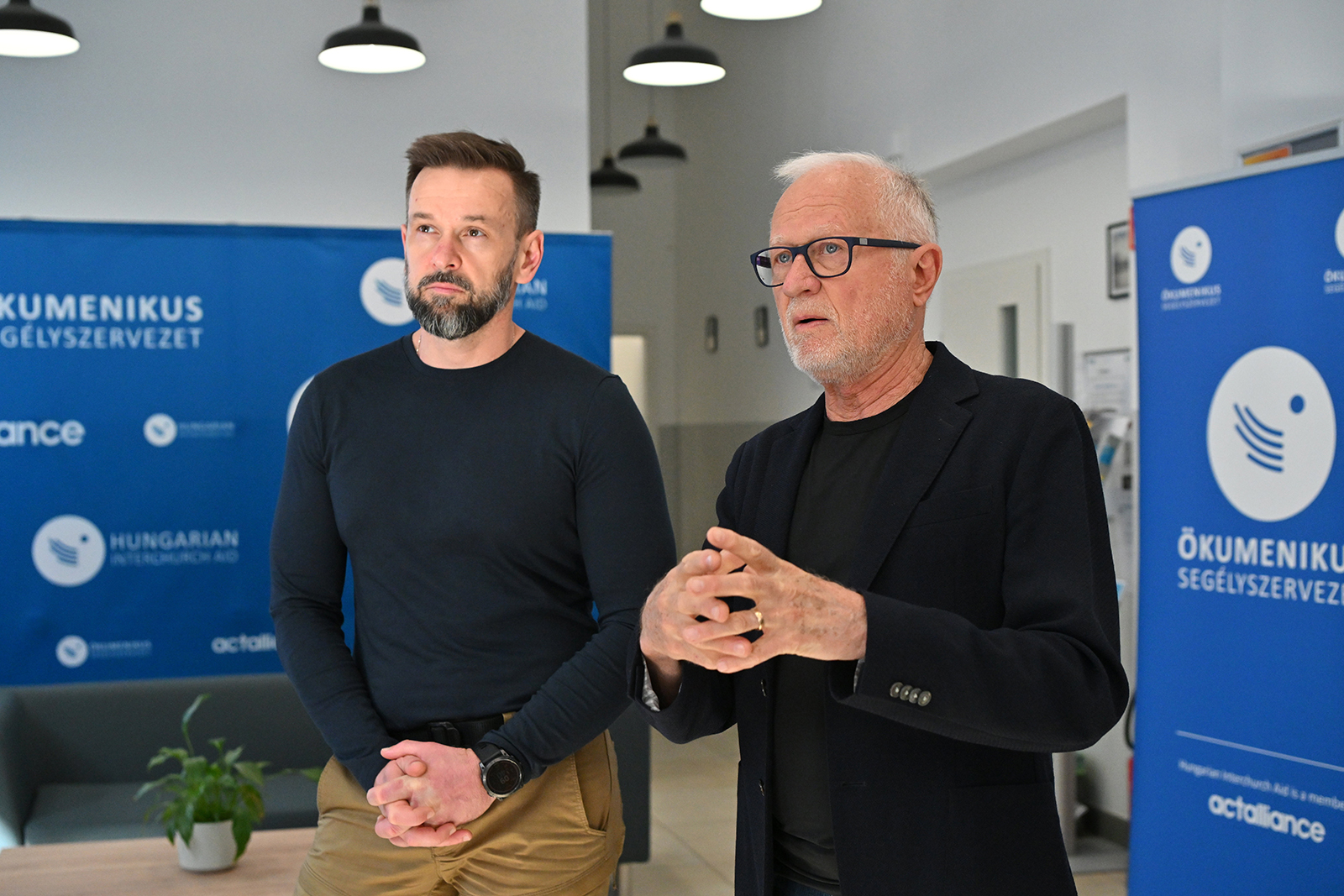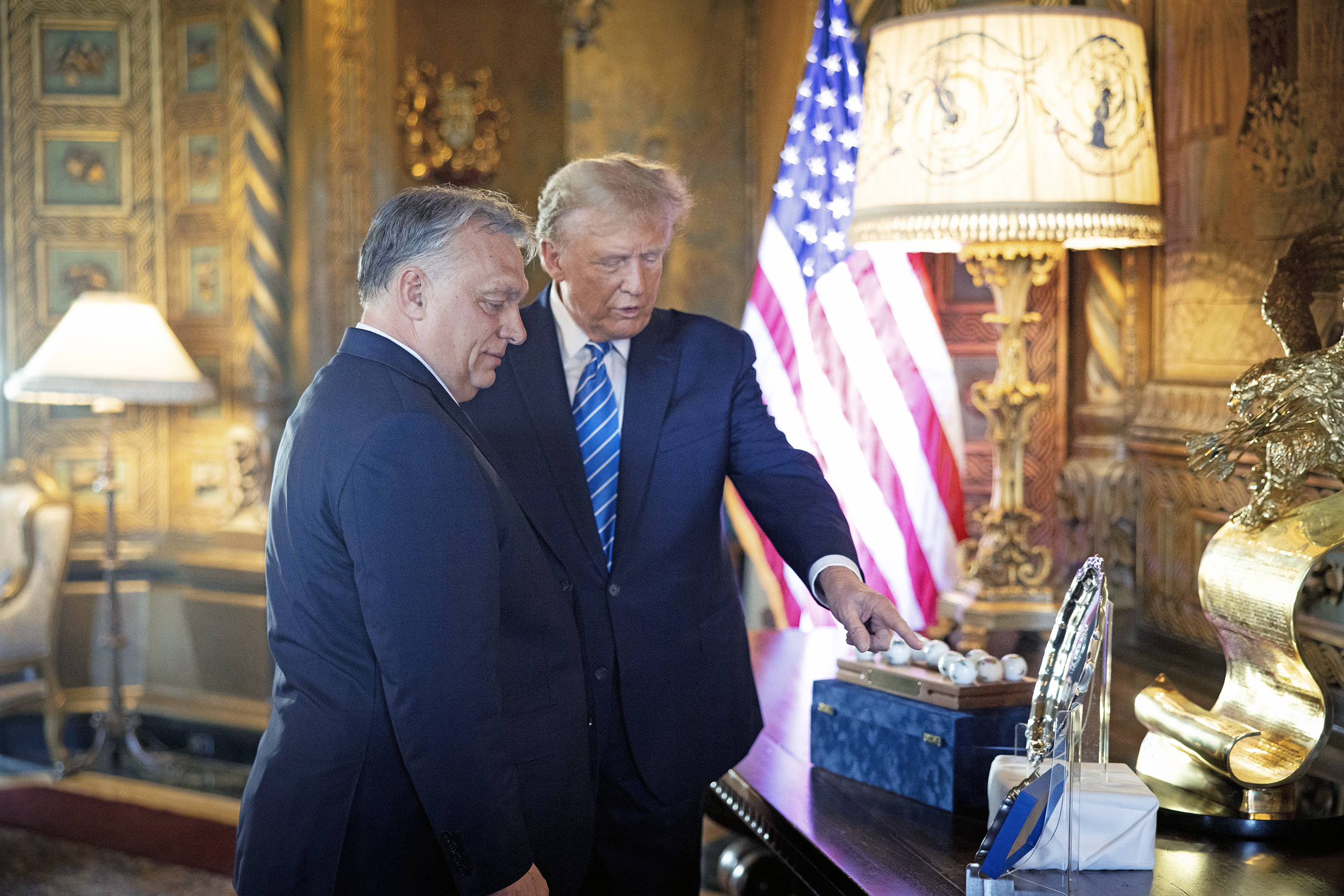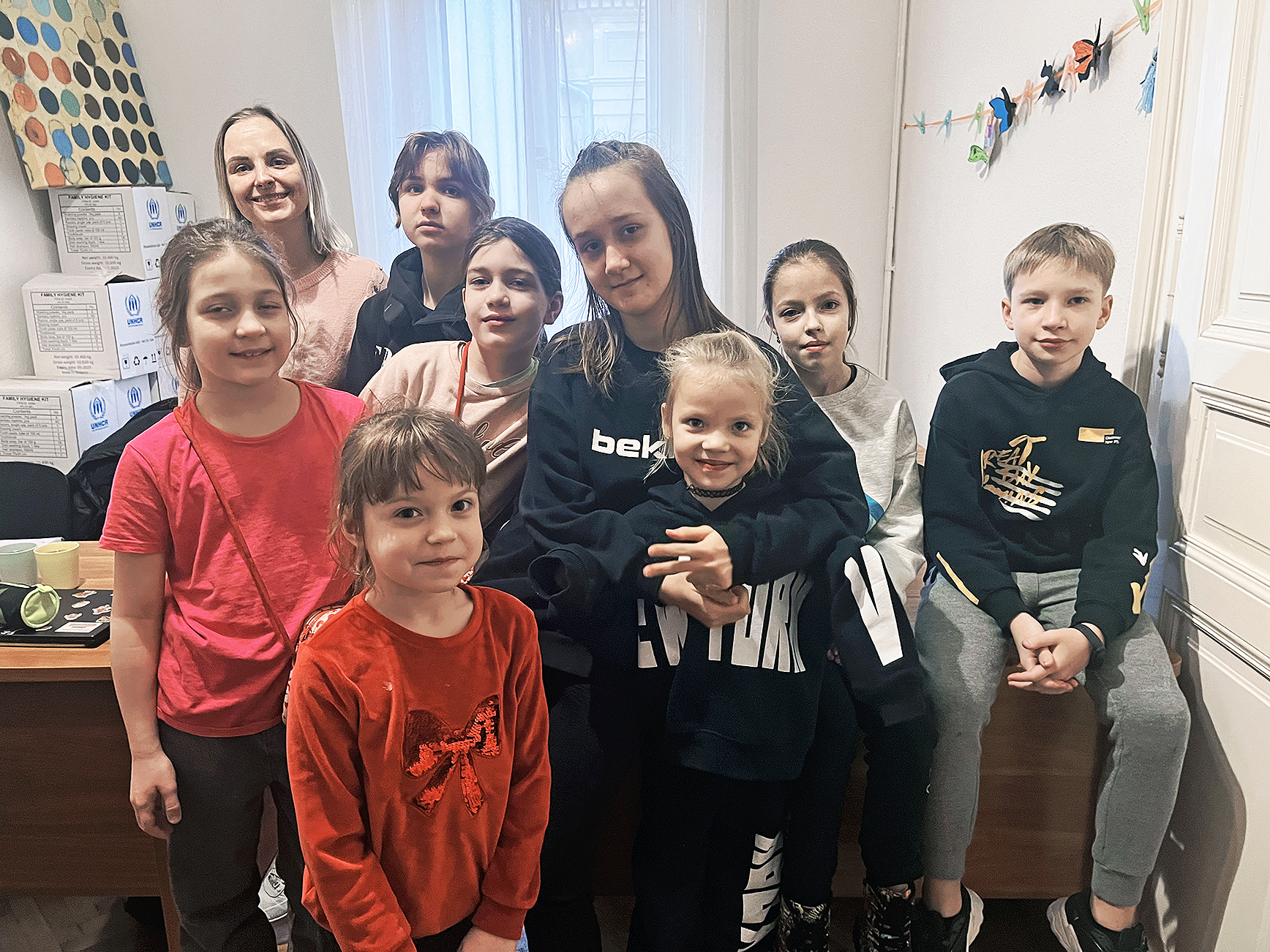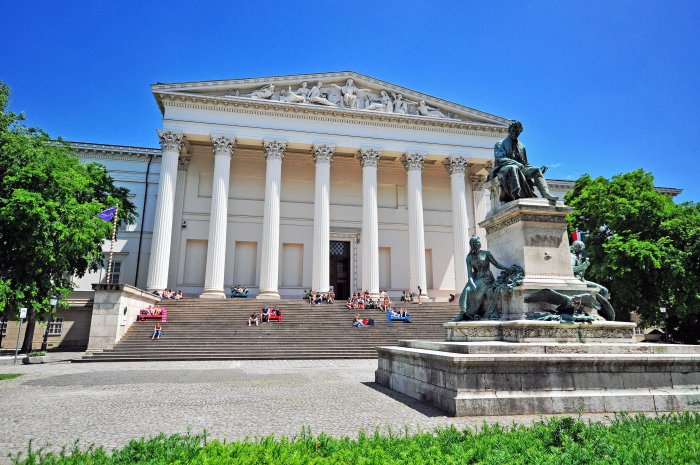NATO to Assume Some Control of Ukraine Group Coordination
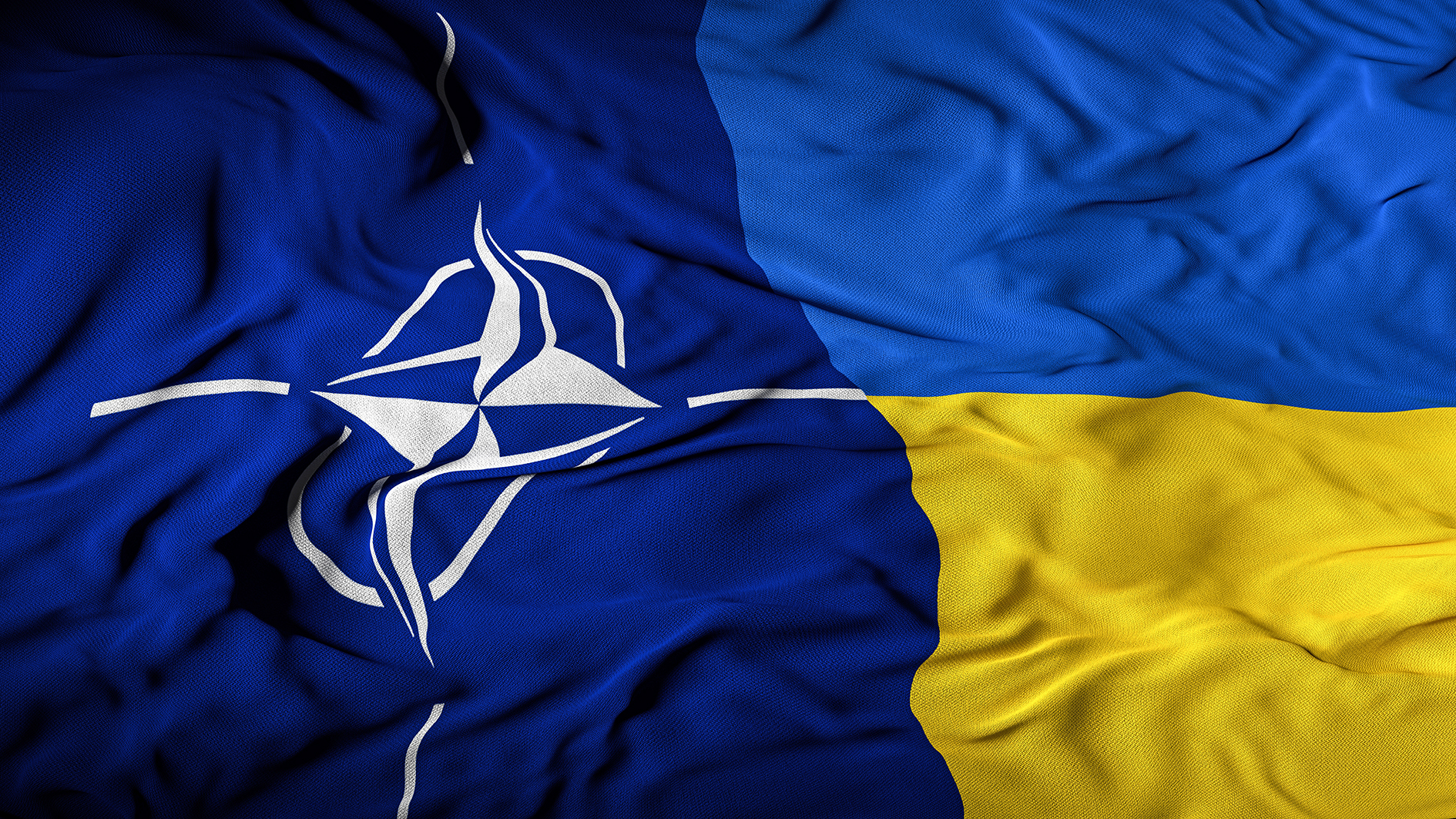
A EUR 100 billion five-year package of military aid to Ukraine was expected to be discussed at a two-day meeting of NATO foreign ministers on April 3-4 to conclude a deal in time for a July NATO summit in Washington.
Photo by Darryl Fonseka / Shutterstock.com
“The terrifying risk of a Third World War is approaching,” Minister of Foreign Affairs and Trade Péter Szijjártó told Russian state news agency Tass in an interview on the sidelines of the Atomexpo 2024 forum, published March 27.
Acknowledging Hungary’s refusal to provide military aid to Ukraine, TASS had asked Szijjártó whether other North Atlantic Treaty Organization members understood its position “that sending troops would be a serious violation of Article 5 of the NATO treaty.”
Hungary’s foreign minister replied, “The possibility of sending troops into Ukraine on behalf of some NATO member countries […] is really dangerous. Therefore, we will always call on all our allies and colleagues to refrain from any actions or statements that could bring the risk of a world war closer,” he added.
However, several diplomats told Reuters that NATO General Secretary Jens Stoltenberg had proposed a EUR 100 billion five-year package of military aid to Ukraine, which was expected to be discussed at a two-day meeting of alliance foreign ministers on April 3-4 to conclude a deal in time for a July NATO summit in Washington.
According to the proposal, NATO would assume control over some of the coordination work of the Ukraine Defense Contact Group, a U.S.-led ad-hoc coalition providing military equipment for Ukraine, also known as the Ramstein group. By assuming these responsibilities, NATO intends to ensure that Ukraine maintains some of its necessary military support should it be compromised by a return of Donald Trump to the U.S. Presidency, the diplomats said.
The deal would mark an escalation of sorts, for while most NATO members, with the notable exception of Hungary, provide Ukraine with weapons on a bilateral basis, thus far, NATO as an organization has restricted itself to giving non-lethal aid to Ukraine over concerns that more direct support could aggravate tensions with Russia.
Powerful, Predictable and Enduring
NATO declined to comment in detail on the proposal, with an official saying foreign ministers would “discuss the best way to organize NATO’s support for Ukraine, to make it more powerful, predictable and enduring. No final decisions are to be taken at the April ministerial meetings, and discussions will continue as we approach the Washington summit in July,” the official concluded.
Russian Security Council Secretary Nikolai Patrushev, one of the most powerful allies of Russia’s newly reelected President Vladimir Putin, said on April 2 that he believes NATO’s support of Ukraine already makes it a tacit participant in the conflict, emphasizing strikes deep into Russian territory made over the past year, such as the bombing of oil refineries and weapons factories with drones and the shelling Russian border regions.
“The North Atlantic alliance is, de facto, a party to the Ukrainian conflict and is actively involved in organizing the shelling of Russian territories,” he told the Argumenty I Fakty newspaper. “Within its framework, collective decisions are being made on new arms supplies with an increase in their technical and long-range capabilities, and NATO instructors in several countries are training mercenaries and saboteurs for their participation in anti-Russian operations,” he added.
Meanwhile (and ignoring the opportunity to insert an April Fool’s joke), Hungary received its first supply of gas from Turkey on April 1, under the terms of a contract signed between Turkish state firm Botaş and Hungary’s MVM CEEnergy in August last year.
Hungary has been looking for new energy supplies after Ukraine insisted it would not renew a deal with Gazprom to let gas flow through its territory when the agreement expires in January. Yet some concerns remain that the gas coming through Turkey might be from Russia.
“Turkey wouldn’t be able to have such cheap gas prices if it came from somewhere else apart from Russia,” said Aura Sabadus, an associate fellow of the Royal United Services Institute and an analyst with commodities experts ICIS.
Hungary Won’t Reintroduce ban on Honey Imported From Ukraine
Hungary will not reintroduce a ban on honey from Ukraine despite demands by honey farmers who have protested, saying the cheap imports have pushed down prices and threaten to drive them out of business, according to international news wire Reuters. Prime Minister Viktor Orbán’s government banned imports of 24 agricultural products from Ukraine last year, including grains, pork, and honey. On Feb. 19, it abolished the import ban on honey, triggering protests from the country’s around 22,000 beekeepers. Minister of Agriculture István Nagy told Reuters the unilateral import ban failed to positively impact the local market as wholesale purchase prices have not increased to the extent that local farmers hoped for, while it hurt companies who packaged and exported honey to the EU. He said honey exporters needed the Ukrainian honey as they could not meet contracted deliveries otherwise.
Bóka: EU Needs’ Clean Policy Line’ With Ukraine
Minister of EU Affairs János Bóka said Brussels needed to indicate a “clear policy line” about the war in Ukraine after a meeting of the General Affairs Council on March 20, according to the conservative daily Magyar Nemzet [Hungarian Nation]. Bóka told Hungarian journalists after the meeting in Brussels that the EU needed to ensure its responses to certain developments were predictable, both for the union and for Ukraine. He warned that the EU’s current Ukraine policy was on a path that could result in “strategic uncertainty.”
Szijjártó Speaks With Ukrainian President’s Chief of Staff
Minister of Foreign Affairs and Trade Péter Szijjártó spoke with Andriy Yermak, the head of the Office of the President of Ukraine, by phone on April 2, according to a post on his Facebook page. The sides discussed the rights of the ethnic Hungarian population in Transcarpathia, in the west of Ukraine, Szijjártó said in the post. A bilateral working group established to address the matter was due to hold an online meeting on April 4, he added. Szijjártó said he would talk with his Ukrainian counterpart, Dmytro Kuleba, at a meeting of NATO foreign ministers on April 3.
Aid From Hungary Reaches Sudan
A USD 3.5 million delivery of aid from Hungary under the UN’s World Food Program has arrived in Sudan, Minister of Foreign Affairs and Trade Péter Szijjártó said on his Facebook page. Szijjártó said the delivery of 10,000 tonnes of grain from Ukraine had been delayed by “parties interested in their own profit” but had finally arrived “where it belonged.”
This article was first published in the Budapest Business Journal print issue of April 8, 2024.
SUPPORT THE BUDAPEST BUSINESS JOURNAL
Producing journalism that is worthy of the name is a costly business. For 27 years, the publishers, editors and reporters of the Budapest Business Journal have striven to bring you business news that works, information that you can trust, that is factual, accurate and presented without fear or favor.
Newspaper organizations across the globe have struggled to find a business model that allows them to continue to excel, without compromising their ability to perform. Most recently, some have experimented with the idea of involving their most important stakeholders, their readers.
We would like to offer that same opportunity to our readers. We would like to invite you to help us deliver the quality business journalism you require. Hit our Support the BBJ button and you can choose the how much and how often you send us your contributions.


